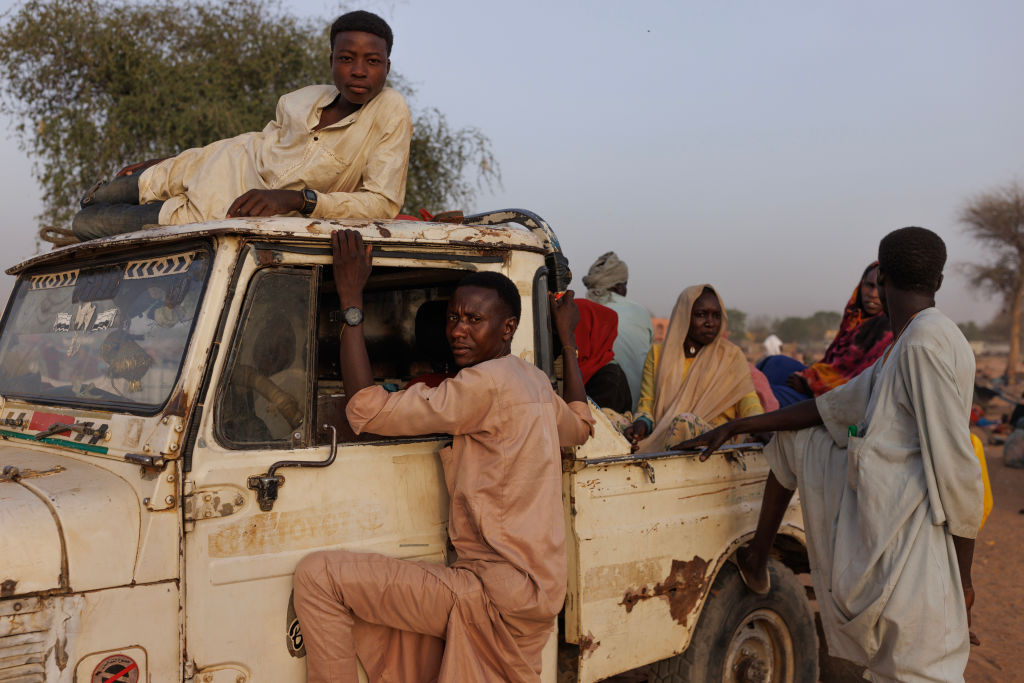Yahya Sinwar died more like a mob hoodlum than the ruthless head of a paramilitary terrorist movement. He was caught scurrying for shelter between two safe houses, carrying a couple of fake IDs, a wad of large-denomination Israeli bills, guns and breath mints. The IDF troops who killed him didn’t even know who he was — just a bad guy.
Sinwar’s demise, coming as it does after the elimination of nearly the entire Hezbollah leadership in Lebanon, is another severe blow to Iran. The Islamic Republic’s two deadliest proxies are now a bloody shambles. Its aura of strength in the Muslim world has been damaged. In Syria, too, Bashar al-Assad has bowed to pressure from Israel and moved to reduce the power of Iranian-backed militias in his country.
But Tehran has been hard at work creating other Hamas/Hezbollah clones as possible in order to extend its reach. In Iraq, it controls a state-sponsored paramilitary network known as the Popular Mobilisation Forces (PMF).

Get Britain's best politics newsletters
Register to get The Spectator's insight and opinion straight to your inbox. You can then read two free articles each week.
Already a subscriber? Log in






Comments
Join the debate for just £1 a month
Be part of the conversation with other Spectator readers by getting your first three months for £3.
UNLOCK ACCESS Just £1 a monthAlready a subscriber? Log in